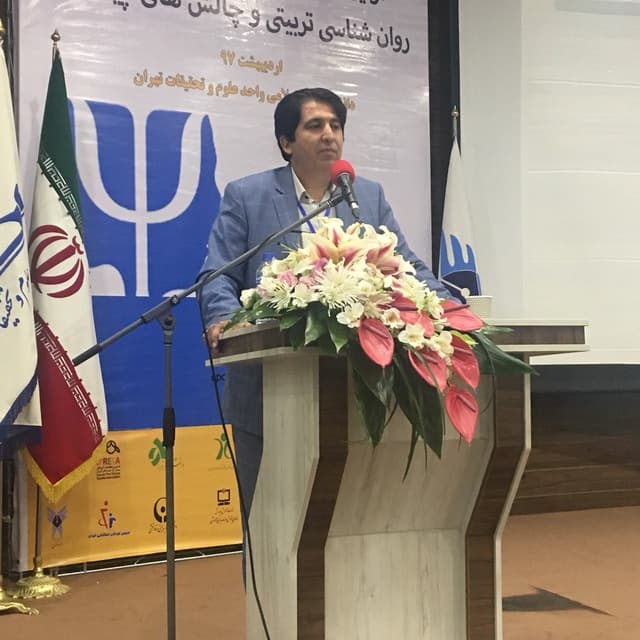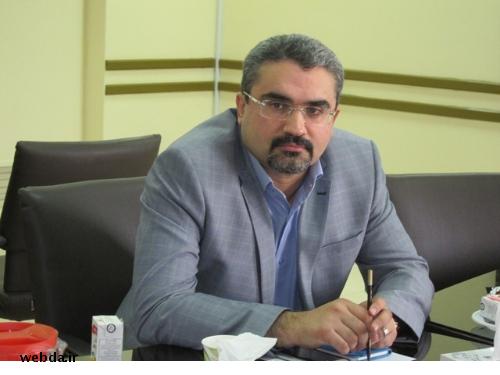Effectiveness of Music-Based Training on Processing Speed and Organizational Planning in Primary School Boys with Mathematical Disorder
Keywords:
Music therapy, processing speed, cognitive impairments, autism, ADHD, learning disabilities, cognitive rehabilitation, child development, intervention, executive functioningAbstract
Objective: This study aimed to investigate the effects of music therapy on processing speed in children with mathematical disorder.
Methods and Materials: A quasi-experimental design was employed, involving 30 children aged 6-12 years diagnosed with various cognitive impairments. Participants were randomly assigned to either the music therapy group (n = 15) or a control group (n = 15). The music therapy intervention consisted of 12 weekly sessions, each lasting 45 minutes, focusing on active music-making and improvisation. The control group received no intervention. Processing speed was assessed using standardized cognitive tasks, including the Stroop Test and the Digit Symbol Substitution Test (DSST), administered before and after the intervention. Data analysis was conducted using paired t-tests and repeated measures analysis of variance (ANOVA).
Findings: Results indicated that children in the music therapy group showed significant improvements in processing speed compared to the control group, as measured by the DSST and Stroop Test. The music therapy group demonstrated faster reaction times and improved accuracy in cognitive tasks, with a medium to large effect size (Cohen’s d = 0.65). No significant changes were observed in the control group. Additionally, improvements in social skills and emotional regulation were reported by caregivers and teachers, suggesting that music therapy had broader benefits beyond cognitive performance.
Conclusion: The findings suggest that music therapy can significantly enhance processing speed in children with mathematical disorder. These results support the potential of music therapy as an effective intervention for improving cognitive functions and overall emotional well-being in this population.
Downloads
Downloads
Published
Submitted
Revised
Accepted
Issue
Section
License
Copyright (c) 2025 Sara Khorshidi (Author); Fatemeh Shaterian Mohammadi (Corresponding author); Zabih Pirani (Author)

This work is licensed under a Creative Commons Attribution-NonCommercial 4.0 International License.













